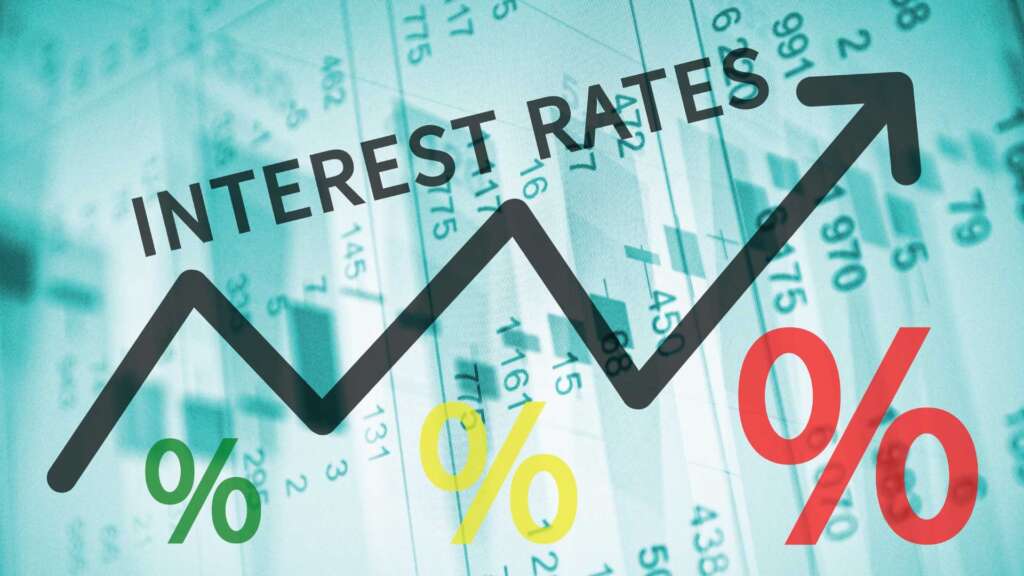Aliko Dangote, Africa’s wealthiest individual, has raised significant concerns about Nigeria’s economic landscape, particularly highlighting the detrimental effects of high-interest rates. Speaking at the Manufacturers Association of Nigeria (MAN) summit in Abuja, Dangote called for urgent government intervention to address the soaring interest rates, which he argues are stifling investments and hindering economic growth.
The Burden of High Interest Rates
Current Interest Rate Scenario
Nigeria’s interest rate environment is currently one of the highest in the world. The Central Bank of Nigeria (CBN) has set the monetary policy rate at 26.25 percent, but commercial banks charge between 35 to 40 percent for business loans. According to Dangote, this high-interest rate acts as a significant disincentive for investments, resulting in the closure of factories and businesses struggling to survive.
Effects on Business and Industry
Dangote emphasized that the high-interest environment is particularly harmful to the manufacturing sector. He warned that unless immediate measures are taken to reduce these rates, Nigeria risks becoming merely a trading hub rather than a manufacturing powerhouse. The high cost of borrowing makes it nearly impossible for businesses to finance operations, expand, or innovate, leading to a stagnation in industrial growth and development.
The Challenge of Import Dependence
Import Reliance and Industrialization
Dangote highlighted Nigeria’s heavy reliance on imports as a major obstacle to industrial growth. He described this dependence as one of the greatest hindrances to the country’s economic development. The lack of local production capabilities means that Nigeria is excessively reliant on imported goods, which hampers the growth of its manufacturing sector.
READ ALSO: Nigeria Now Produces All SIM Cards Locally
Comparative Analysis
In a comparative analysis, Dangote pointed out that countries with robust manufacturing sectors, such as China and South Korea, have a high percentage of manufactured goods in their export trade (93 percent each). In contrast, Nigeria’s manufacturing sector contributes less than 5 percent to its merchandise exports, primarily from Urea and Cement. This stark difference underscores the urgent need for Nigeria to bolster its manufacturing capabilities.

Recommendations for Economic Revitalization
Addressing the Economic Challenges
Dangote called for a series of reforms to address Nigeria’s economic challenges. He stressed that investment projects in manufacturing and industrial sectors require time and a conducive environment to mature and become competitive. However, he lamented that non-industrialized countries, including Nigeria, have been discouraged from protecting and supporting such investments, leading to their exposure to unfair competition from more established markets.
Government and Policy Recommendations
Editor’s Choice
A report by the Manufacturers Association of Nigeria (MAN) supported Dangote’s concerns, highlighting the need for urgent action to revitalize the economy. Key recommendations included:
- Market Expansion and Cost Reduction: Promoting economies of scale, improving logistics, and building strong brands.
- Collaborations and Partnerships: Encouraging joint ventures and partnerships to enhance competitiveness.
- Environmental, Social, and Governance (ESG) Practices: Improving ESG practices to attract sustainable investments.
- Increased Budgetary Allocations: Enhancing infrastructure at industrial hubs and promoting made-in-Nigeria products.
- Local Sourcing and Foreign Direct Investment (FDI): Encouraging local sourcing of raw materials and attracting FDI into predetermined sectors.
- Tax Reforms and Energy Sector Overhaul: Addressing multiple taxation issues and implementing energy reforms to reduce high energy costs.
Sector-Specific Challenges
Manufacturing Sector Distress
The MAN report revealed that about N3 trillion was spent on the importation of raw materials in 2023, highlighting the sector’s dependency on imports. The manufacturing sector is facing numerous challenges, including high energy costs, inflation, and unemployment. Since 2018, inflation has surged from 14 percent to 33.9 percent, significantly impacting the sector.
Impact of Exchange Rate Unification
The unification of the exchange rate in 2023 further exacerbated the sector’s woes, leading to job losses and increased production costs. The report noted that about 335 manufacturing companies experienced distress, with 767 businesses shutting down due to these economic pressures.
Conclusion
Path Forward
Dangote’s address and the MAN report present a sobering picture of Nigeria’s economic landscape. The high-interest rates, import dependence, and various macroeconomic challenges are stifling the country’s industrial growth. However, with targeted reforms and government intervention, there is hope for revitalizing Nigeria’s manufacturing sector and achieving sustainable economic growth. Emphasizing local production, improving financing conditions, and fostering a supportive business environment are crucial steps towards realizing this goal.



